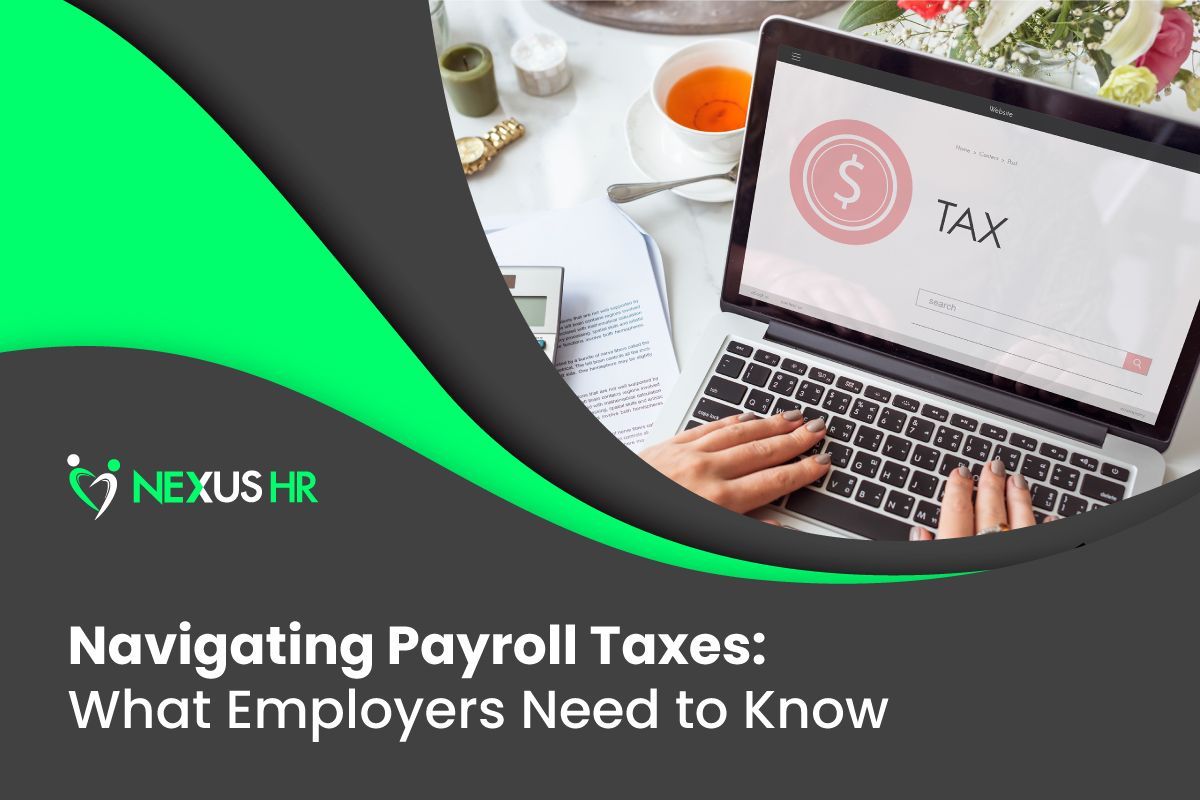Hiring Part-Time vs. Full-Time Employees: Which Is Better?
Employees make up the backbone of every organization. From tech giants to mom-and-pop shops, businesses of all shapes and sizes need employees to succeed. However, hiring employees takes careful consideration and deliberation to ensure the right fit for your company.
As a business manager, you may ask:
Will hiring a full-time employee for this project be a financially sound decision?
Will hiring a part-time employee get the job done?
Do I need a team that adjusts to fluctuating needs?
Do I need dedicated staff members who handle long-term projects?
The decision to hire the right employees affects your bottom line and the productivity of your entire workforce. Understanding how full-time and part-time positions fit within your business model is essential to getting the most out of your workforce and budget.
What’s the Difference Between Part-Time vs. Full-Time Employment?

The general difference between part-time and full-time employees is the number of hours they work. However, no federal laws or regulations fully define full- or part-time employment.
The
California Labor Code, for example, defines full-time employees as those who work 40 hours per week. However, it doesn’t have a specific definition for part-time work.
Because no hard-and-fast rule establishes the difference between the two contract types, employers often turn to Fair Labor Standards Act (FLSA) regulations and Affordable Care Act (ACA) benefit requirements to distinguish the two.
Under the ACA, the Internal Revenue Service (IRS) considers it full-time work if the employee renders an average of at least 30 hours a week or 130 hours a month.
While the FLSA doesn’t define full-time or part-time employment, it does define whether an employee is exempt from overtime pay. Nonexempt employees are entitled to overtime pay if they work more than 40 hours in a single workweek.
Read More:
How Many Work Hours Are in a Year?
Full-time and part-time employees also differ in the benefits that they enjoy. Here are a few examples:
- Health Insurance. Although this is subject to the carrier and state jurisdictions, insurance companies generally require employees to work at least 20 hours per week to be eligible for their insurance plans.
- Retirement Plan. The Employee Retirement Income Security Act (ERISA) requires employees to work at least 1,000 hours in 12 months to be eligible to participate in their employer's retirement plan.
- Benefits at Employer’s Discretion. Outside of state and federal requirements, an employee’s eligibility for voluntary benefits is at their employer’s discretion. Whether they have on-site or remote workers, the employer can offer benefits like vacation, 401(k), and paid time off only to full-time employees.
The Pros and Cons of Hiring Part-Time vs. Full-Time Workers

Understanding the benefits and drawbacks of hiring part-time and full-time workers can be vital in determining the best option for your organization. Here are some advantages and disadvantages that guide you in making the most practical hiring decision.
Part-Time Employees
PROS
- Lower Overhead Cost. Part-time employees are much more inexpensive to hire because you won’t spend as much on salaries and perks as you would on a full-time employee.
- Flexibility. Your team gets extra help when and where you need it, especially when your business’s scheduling needs fluctuate.
- Employee Work-Life Balance. By spending fewer hours at work, your part-time employees can pursue passions, nurture relationships, and improve skills outside the workplace.
CONS
- Lower Employee Commitment. Part-time employees who juggle at least two jobs tend to be less invested in your organization’s culture, goals, and growth.
- High Employee Turnover. Part-time positions often come with inconsistent work schedules, making it difficult to retain employees who seek steady hours.
- Potential Work Inefficiency. Because they spend less time at work, part-time workers lack consistent repetition of their tasks, which may result in more mistakes and a slower working pace.
Full-Time Employees
PROS
- Stronger Employee Loyalty. Because they spend a lot of time at work, full-time employees develop a sense of accountability for the company’s growth and success.
- Higher Productivity. Full-time employees can sharpen their work skills much faster, making them more productive, more knowledgeable, and able to handle more responsibilities.
- More Long-Term Planning. Full-time employees are typically more interested in career advancement. When you know your employee is in it for the long haul, they can play a part in your long-term goals.
CONS
- Higher Overhead Cost. Because of state, federal, ACA, and FLSA requirements, you will pay full-time employees more for their work and offer more benefits than part-time workers.
- Possible Overstaffing Issues. When your company’s workload drops, you spend money on too many people working too many hours and not many tasks to keep them busy.
- Potential for Burnout. Because they typically have more responsibility and projects, full-time employees encounter more deadlines, ultimately leading to more work-related stress.
Part-Time vs. Full-Time Employees: Who Do You Hire?

Well, it depends. Whether it’s best to hire a full-time or part-time employee depends on several factors. Here are three key aspects you need to consider when making a hiring decision:
What Are Your Needs?
The first factor to consider when hiring full-time or part-time employees is your company's needs. What type of work needs to be done? How many hours are required to complete it?
If you don’t have answers to these questions yet, starting with a part-time employee may be a good idea. They work fewer hours, which will cost you less money, and you can use their first few weeks of productivity to gauge just how much time and human resources you need to complete the job on time.
What is the Nature of the Job?
Is the work seasonal or project-based? If so, hiring part-time workers may be a more practical decision. However, if the job is ongoing and requires a high level of commitment, then hiring full-time employees will make more sense.
If you’re not confident about either contract type, you can also consider partnering with a
reputable staffing agency to recruit temporary staff for your organization. Once the contract ends, you won’t have to worry about dismissing or reassigning the temp; the staffing agency does everything for you. And if you’re happy with their work, you can offer them a full-time position in your company.
How Much is Your Budget?
Another critical factor to consider is how much your organization is willing to spend. As mentioned in the previous section, hiring full-time employees will cost you more money because they typically require a higher salary and benefits package than part-time employees.
If your needs require a full-time employee, can your organization afford to pay for one? If you can, it may be a good idea to go with a full-time worker. Doing so lets you get the project done on time without worrying about missed deadlines, low productivity, and a lack of staff.
Get the Right Person for the Right Position with Nexus HR

Deciding between hiring full-time or part-time employees can be challenging. It involves knowing the exact needs of your business, weighing the risks and benefits that come with each option, and taking into account the needs of your current staff. But don’t let that overwhelm you!
Nexus HR offers top-notch
recruitment and
payroll services that guarantee business success. We also have a team of
HR specialists ready to help, so you don't have to go through your HR decisions alone. You don’t have to deal with the hassle of finding and hiring people; Nexus HR can help you get the right people for the right roles in your business.











